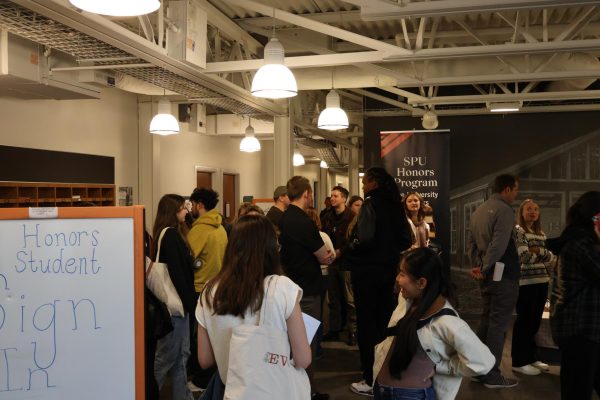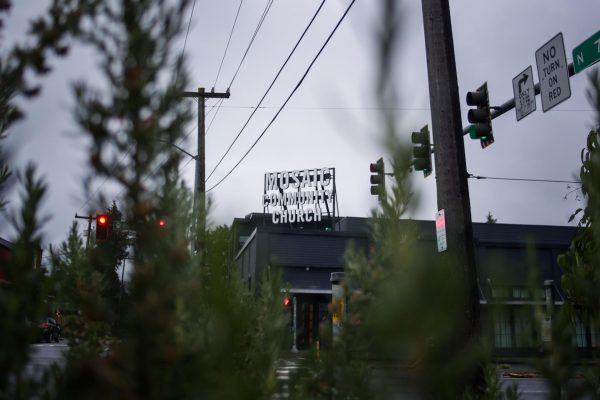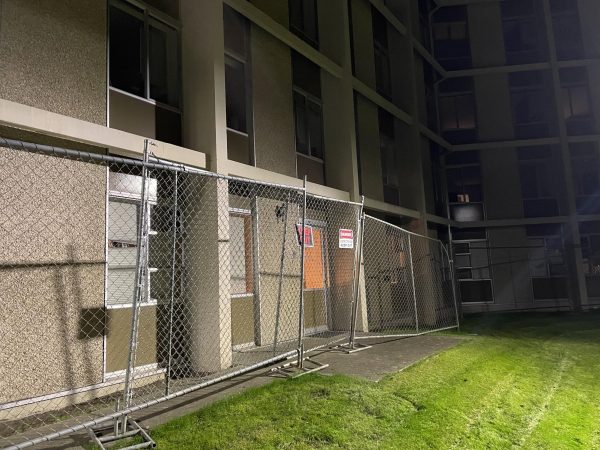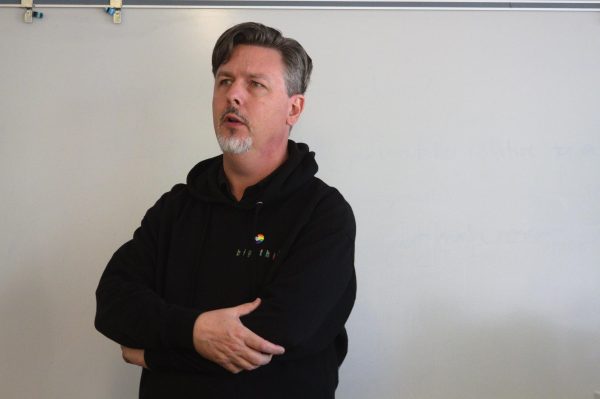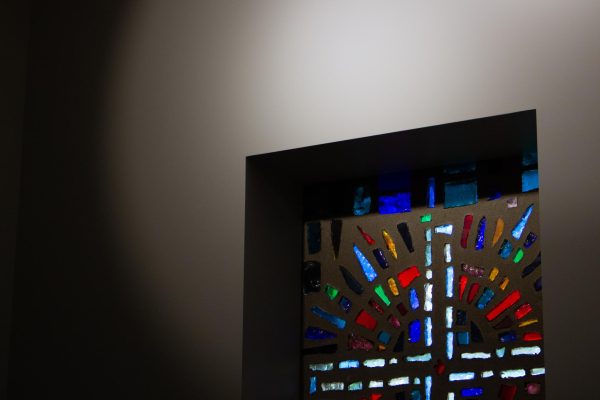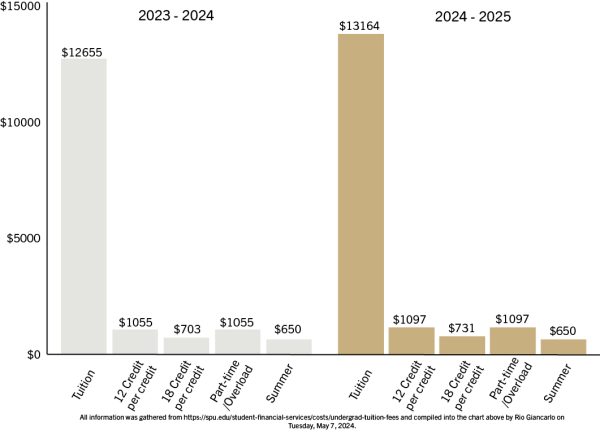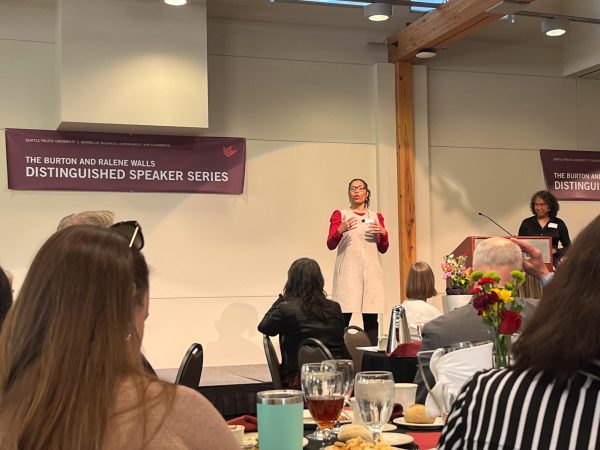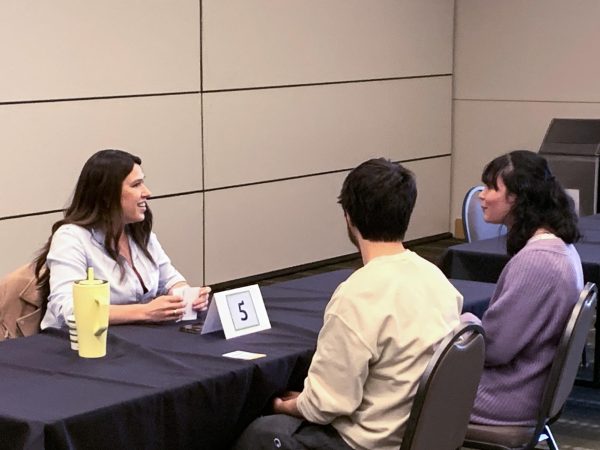Examining all angles of lawsuit
Taking a deeper dive into the legal, PR, Theological, and ethical challenges the University faces in the Rinedahl lawsuit
February 3, 2021

Seattle Pacific University came under fire three weeks ago, when Jeaux Rinedahl, a part time nursing professor for SPU, sued the university for discrimination based on his sexual orientation. Rinedahl claims he was denied a full time position based solely on his identity as gay.
Since the lawsuit was filed, the response has continued to grow. SPU students organized a protest outside Dan Martin’s house, the petition to hire Rinedahl has gained over 2,000 signatures, and the nursing program as well as other organizations around campus have written public letters excoriating the University.
As SPU attempts to manage the situation they are going to face many daunting hurdles, including issues of legality, public opinion, theology, and ethics.
Stacy Sheston, an employment lawyer in the state of California, says that this case is going to present a conflict between the civil rights act and the first amendment.
“Where the rubber is going to meet the road is the conflict between someone’s protected status under the civil rights statutes on the one hand and a religious employer’s first amendment protections for freedom of religion,” Sheston explained.
Sheston explained that since Rinedahl is already a part-time professor at the University, and the laws regarding sexual orrientation discrimination are changing, SPU may have a tough time winning the suit.
“Unless there is something materially different between the job descriptions of the full time position and the part time position that helps it fit in that ministerial exception, I think that’s going to be a tough road ahead for the school,” Sheston said. “The law is changing so there are more federal protections.”
Scott Battishill, who owns the Seattle-based public relations company, Curator, says there are two courts SPU is dealing with in this case: the court of law and the court of public opinion.
“There’s the court of law, that’s one part, and then there’s the court of public opinion and that’s the world we live in on the PR side,” Battishill explained. “And that’s a little trickier, because the University, or any institution in particular is going to have a really difficult time sharing information on things that are happening to their employees.”
Battishill explained that SPU is going to have to balance how the news surrounding the Rinedahl case is going to affect current students and faculty, as well as prospective future students who may factor in the recent news when deciding where to go to college.
“If somebody is evaluating whether they want to come to the University and they’re doing research and they read this, how will that affect them? Will they not want to come now to an institution that has made this kind of decision?” Battishill said.
Overall, Battishill thinks that everything SPU has done and said so far is common for cases like this.
“Often when you sort’ve go through these situations, the first comment you share with the media in this particular case tends to be pretty over the plate. You’ve had to run it past lawyers and you are really just making sure you are addressing the front line issues while you continue to investigate further,” Battishill explained. “If the issue continues to sorta take on momentum, then yes, you are going to want to come out with another statement.”
SPU Philosophy Department Chair Leland Saunders explained that SPU is at an ethical crossroads.
“I think one of the tensions here is that SPU is two kinds of things at once,” Saunders said. “It’s a Christian institution, and it’s a university, and the directives of those two kinds of institutional identities pull in different directions, I think, for some people.”

Saunders thinks that as a Christian institution, SPU should have a statement about its values, but that those values are for the community to decide.
“Let people decide for themselves their own understanding of what their theology, their understanding of scripture, their understanding of tradition requires,” said Saunders. “We don’t need a statement, especially one that can result in enforcement actions that we can take steps against a person, whether it be to separate from employment or other sorts of actions.”
Saunders said that whether or not there’s a strong moral component in the concept and values of sex, SPU as an institution does not have a clear reason for policing it.
“I think that’s an important moral issue, part of the moral issue here is we are a community where we all are going to have different views,” said Saunders. “We’re all going to have different views about what people should be doing and how they should be doing it and all that sort of stuff, but at the end of the day for us to be a community … we need some sort of collective policy or collective agreement about how we’re going to treat people.”
From a theological lens, Dr. Bo Lim, associate professor of the Old Testament, agrees that SPU should move towards an inclusive policy for faculty and staff.
“I believe there’s enough evidence, biblical and theological evidence, and so much other evidence in other disciplines that I think that’s faithful to God, that’s faithful to people, that’s faithful to creation,” said Lim. “So, one can make a robust case for LGBTQIA inclusion.”
Lim said that in the book of Isaiah, God’s vision of the future kingdom accepts the foreigner, the strangers, and the eunuch all the same.
“So, all those persons that have typically been deemed estranged, abnormal, so forth, in God’s kingdom, there is inclusion,” said Lim. “So, as we reflect upon what it means then to be God’s community in the here and now it’s not about those who are just ‘normative’ in God’s kingdom.”
Lim said that to uphold the set binary that there is an eternal norm to marriage is not a central doctrine of the Christian faith, and accepting the LGBTQIA+ community does not equate to abandoning the key teachings of that faith.
“People have been genuinely wounded in deep, deep ways, and they’re continuing to be wounded,” said Lim. “You can talk about policies and all those kinds of things like that, but when you talk about genuine people being wounded, and if you profess in a faith of a God of love, of a God of reconciliation, we need to take those wounded individuals very, very seriously.”



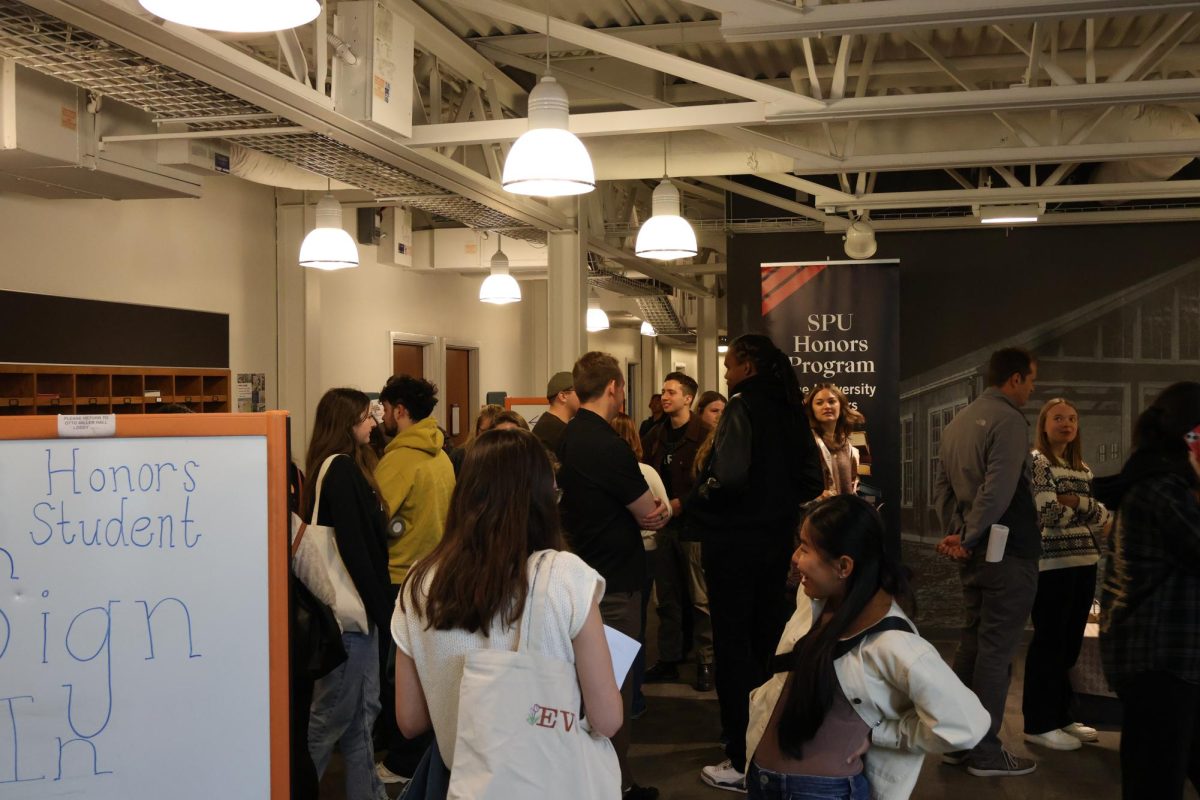
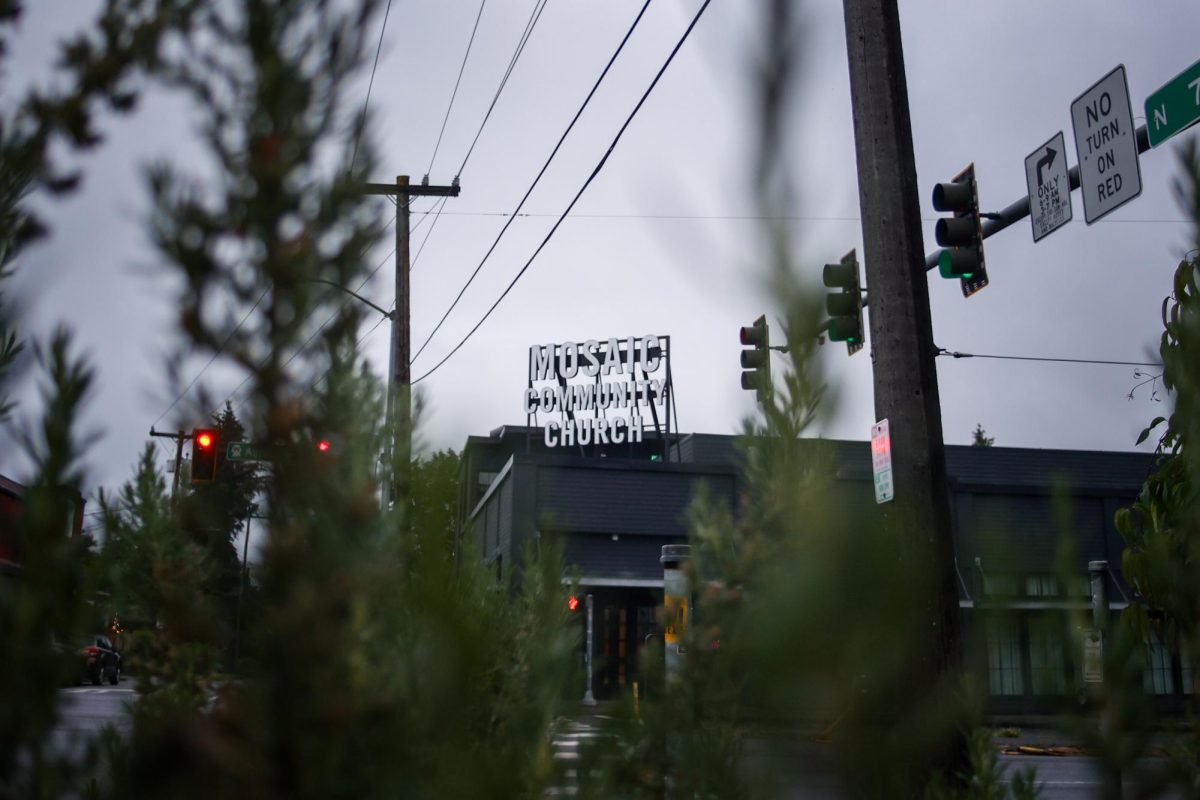
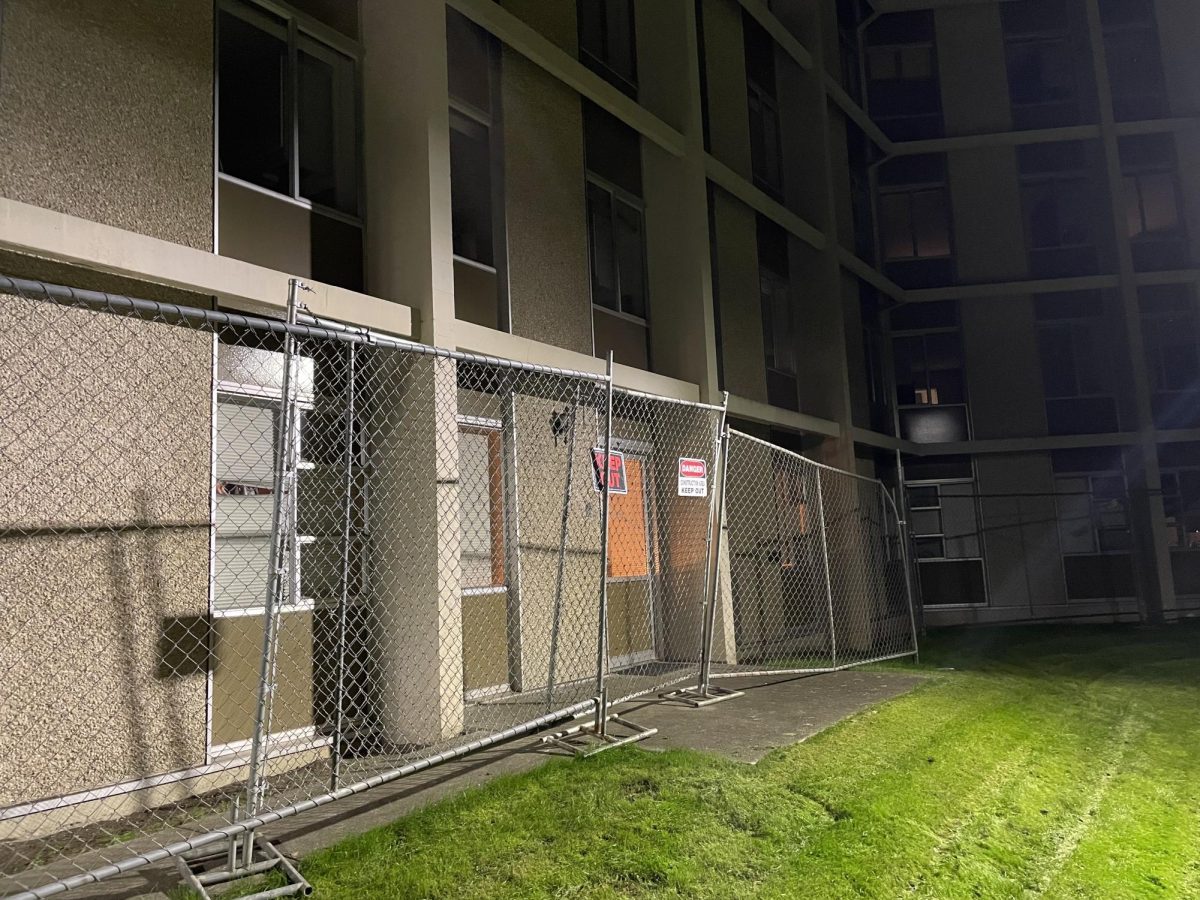









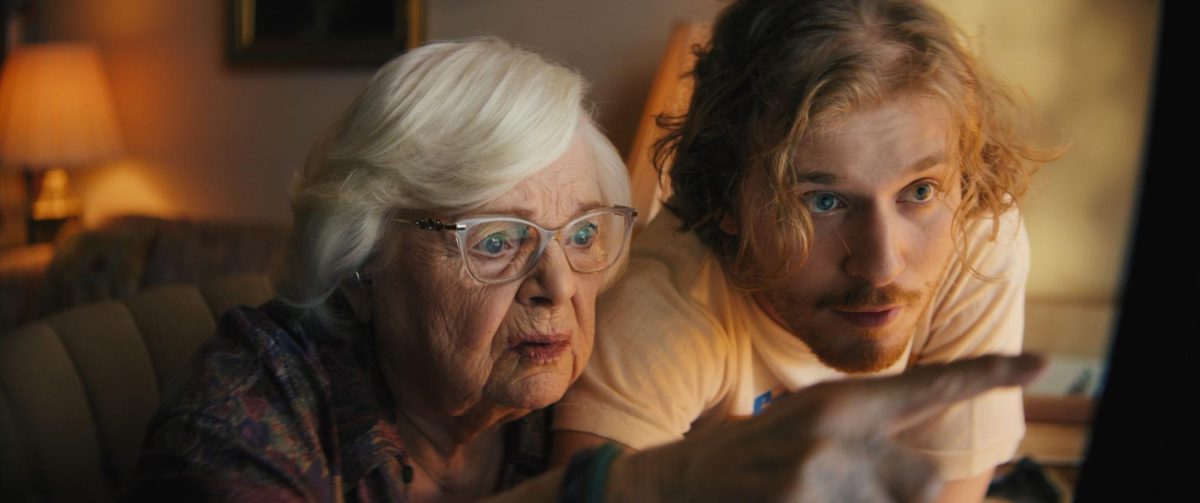
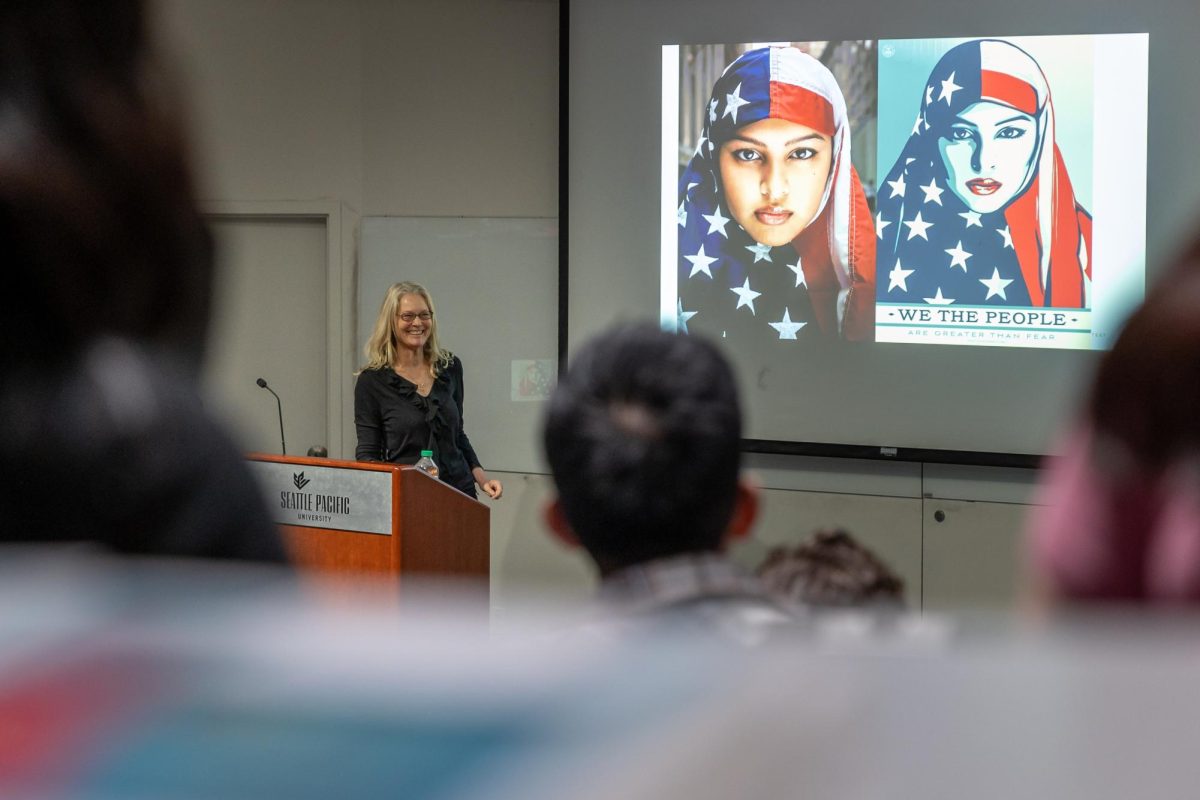


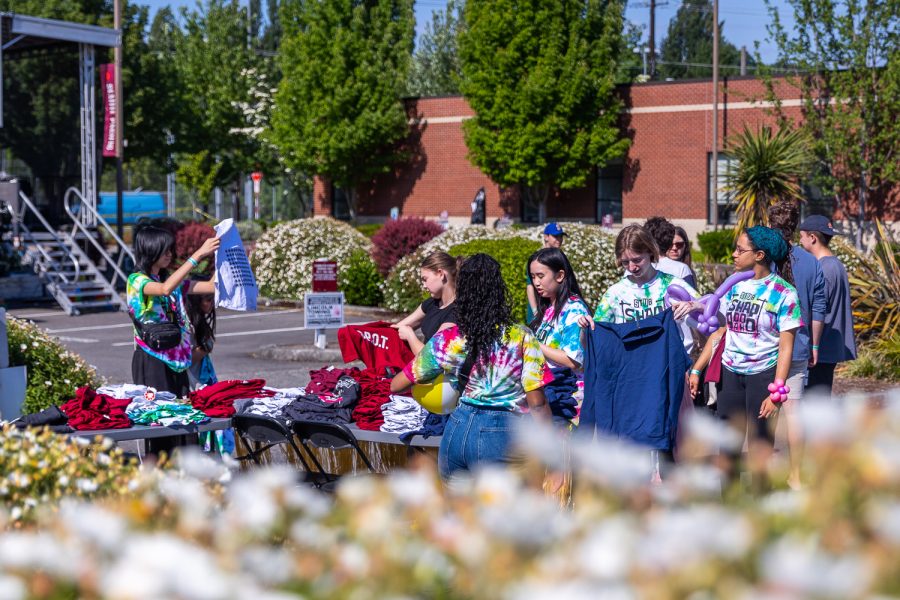
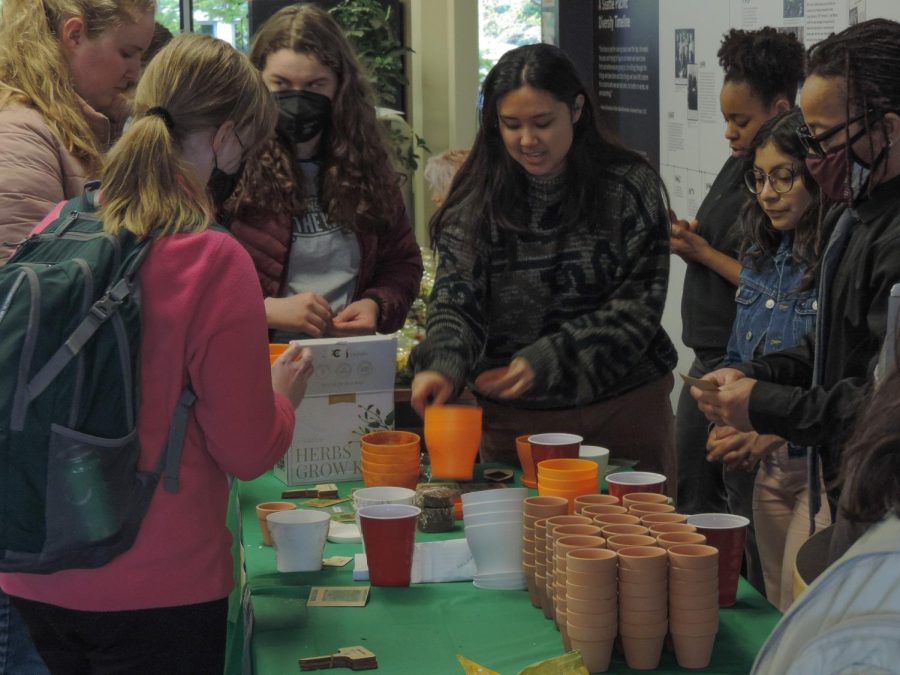

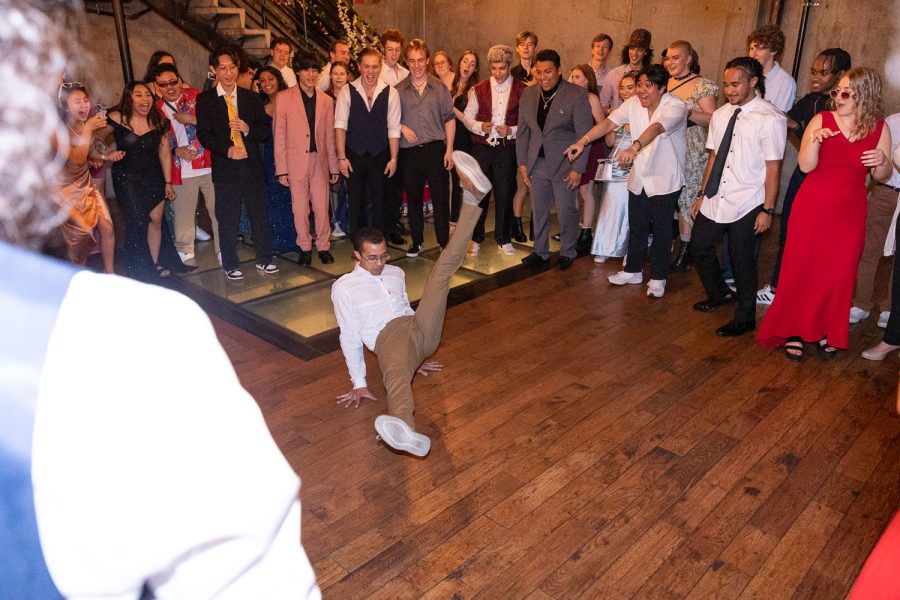











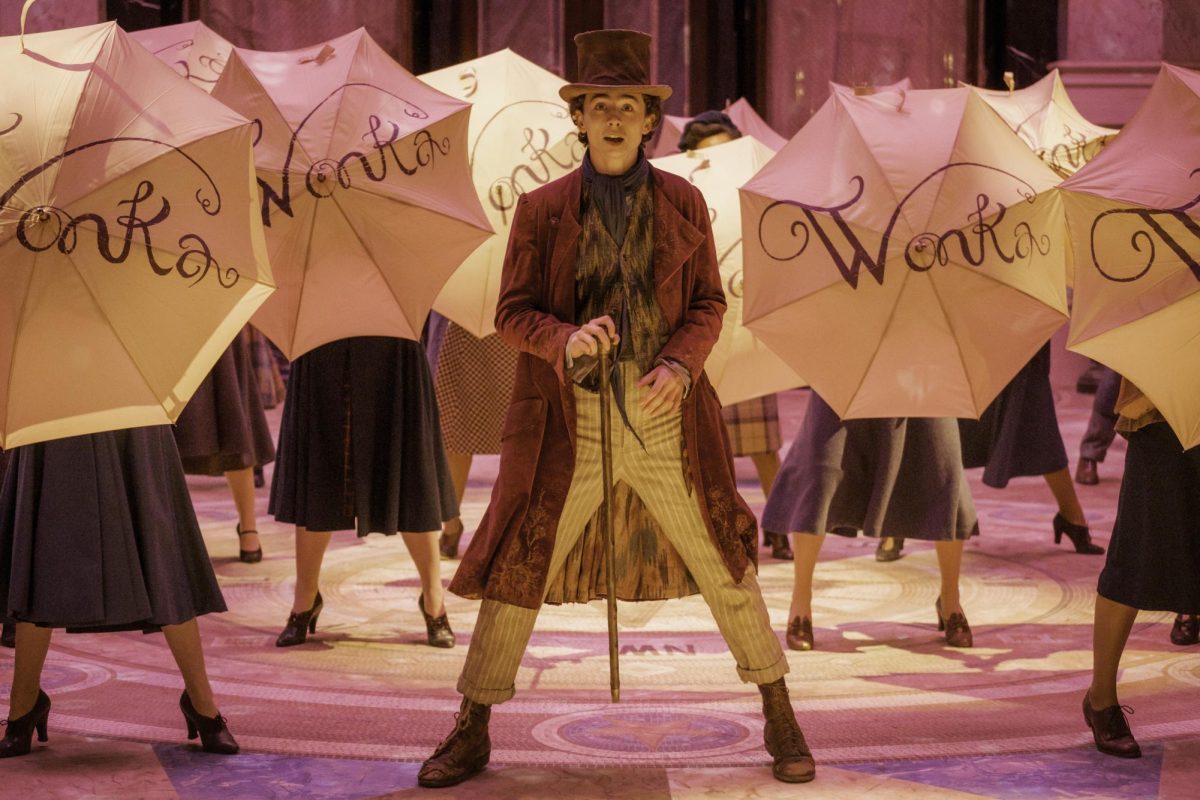




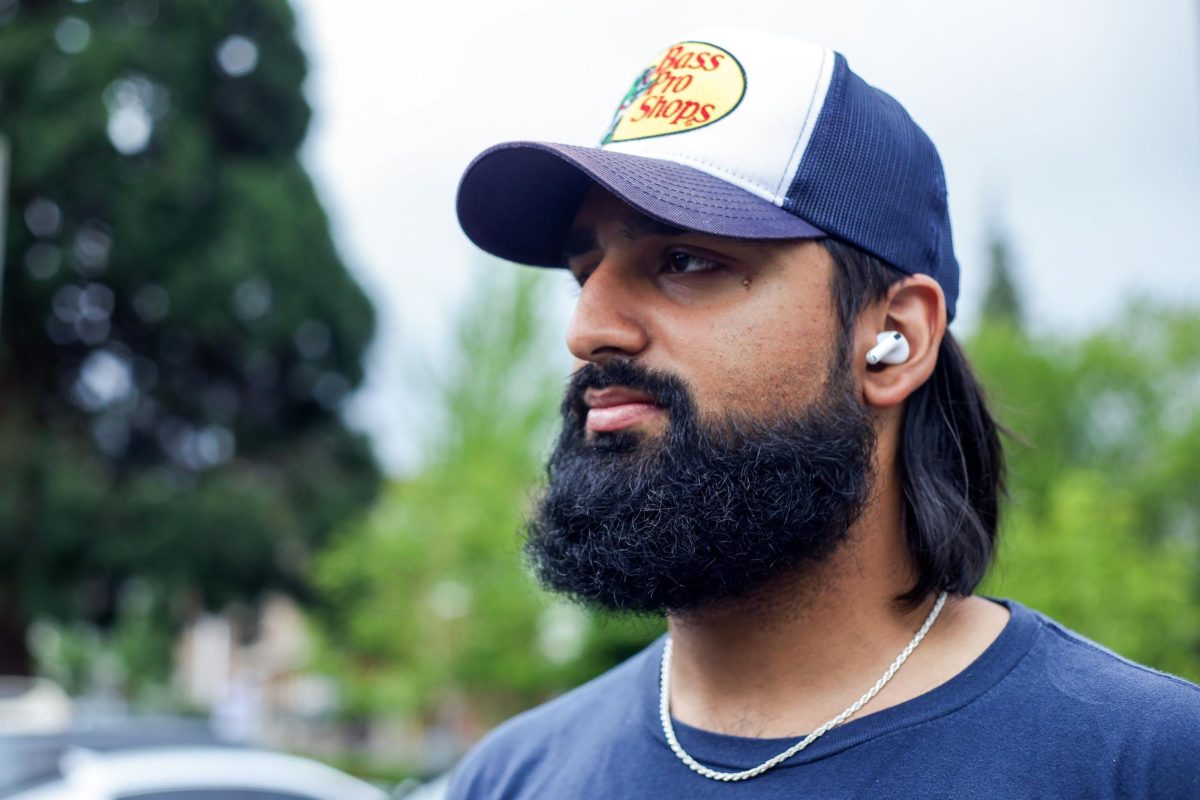
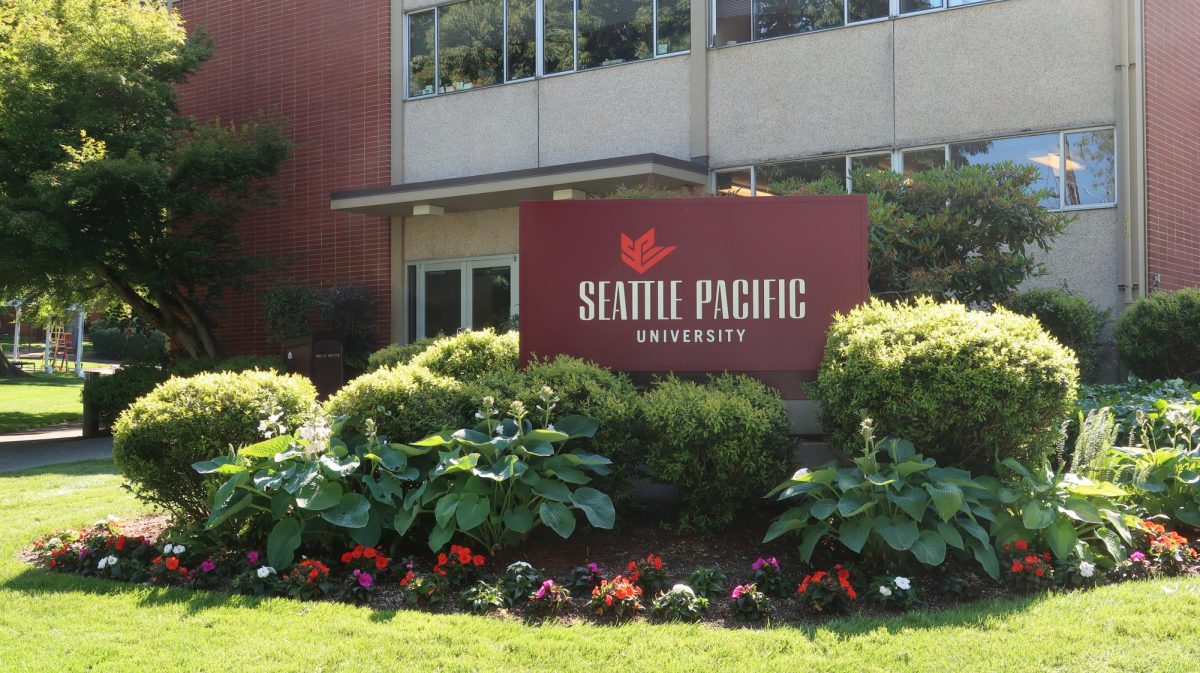
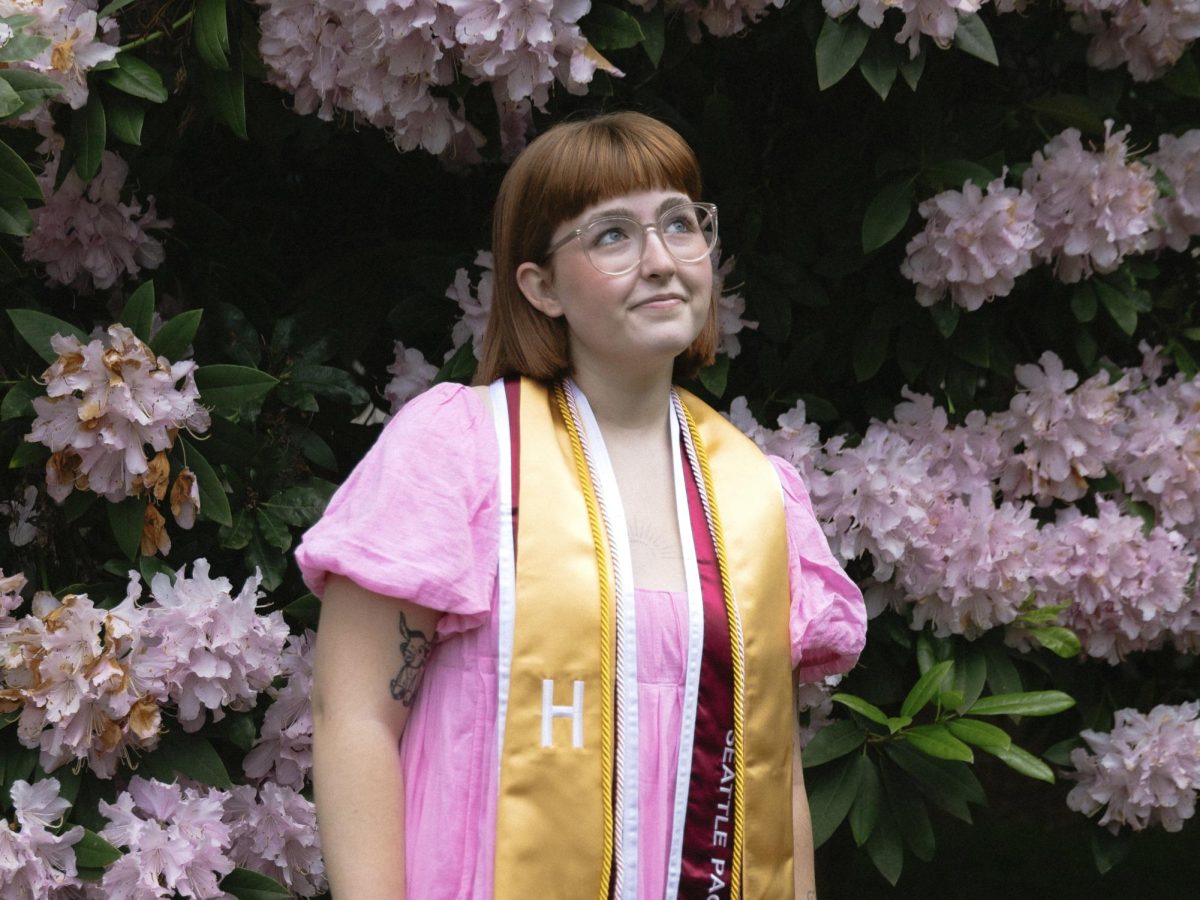

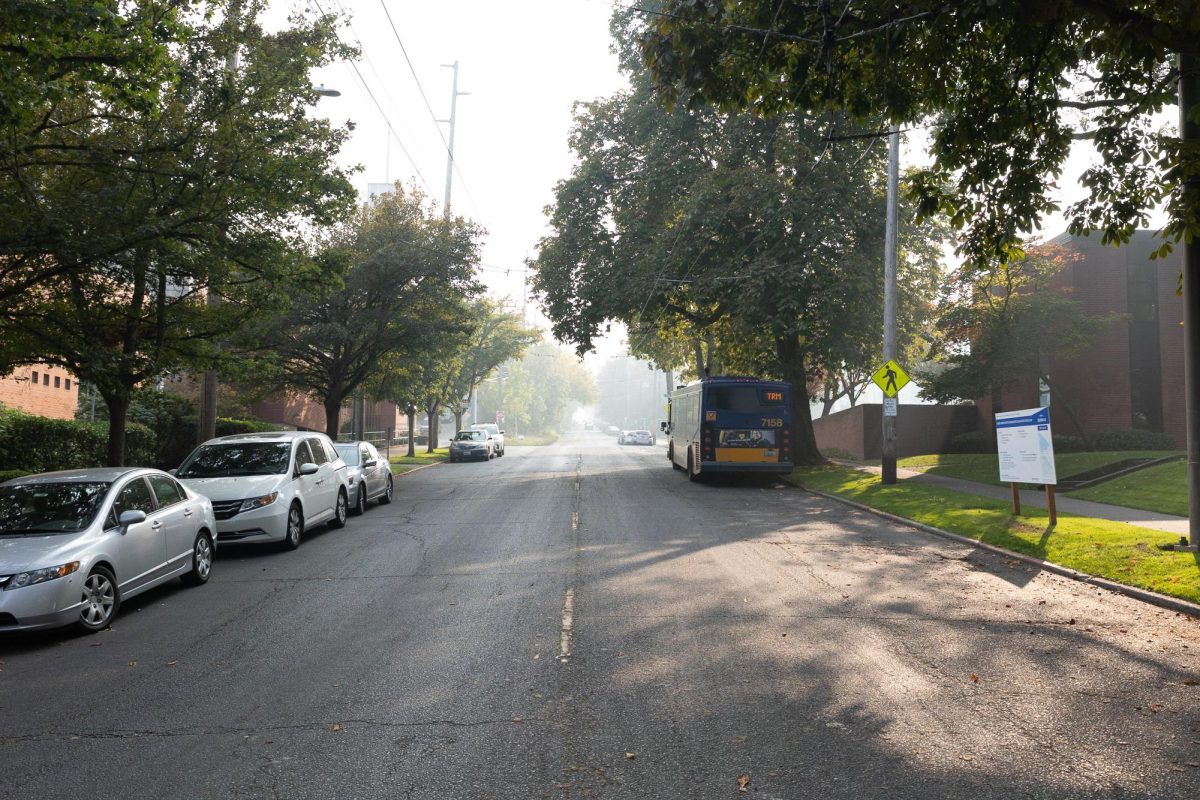



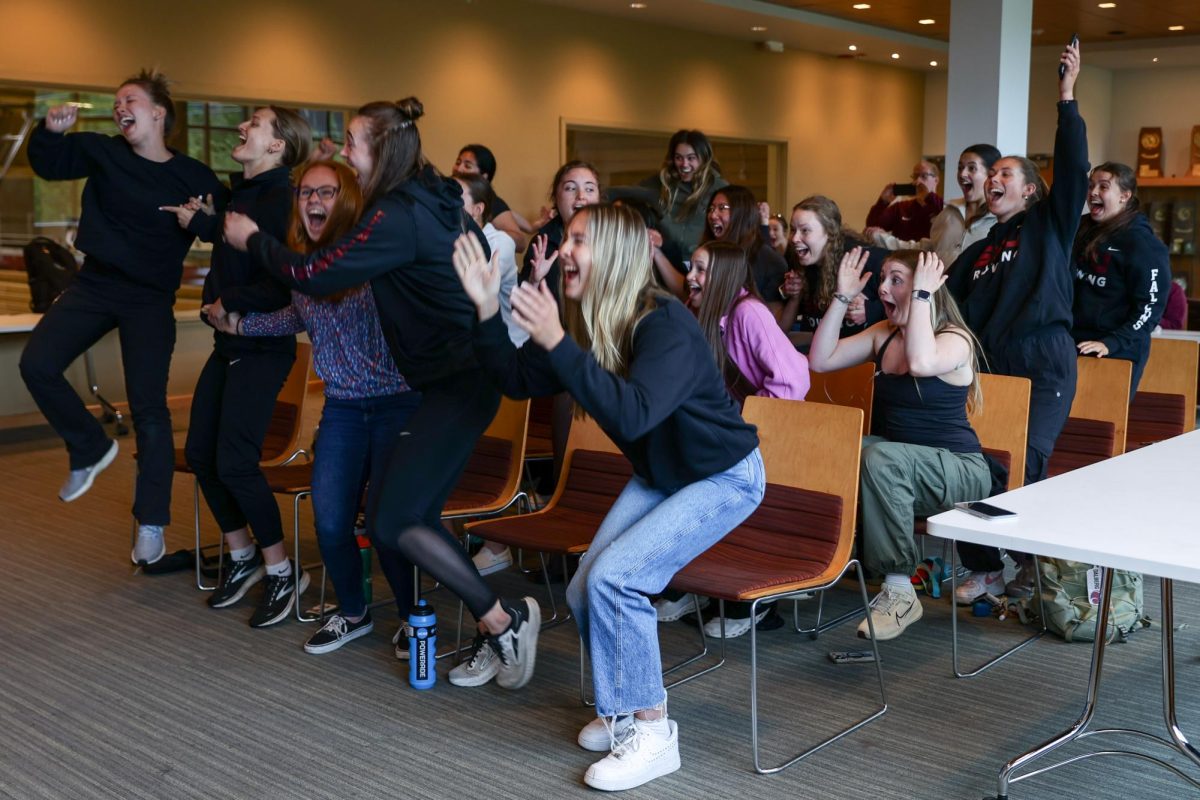
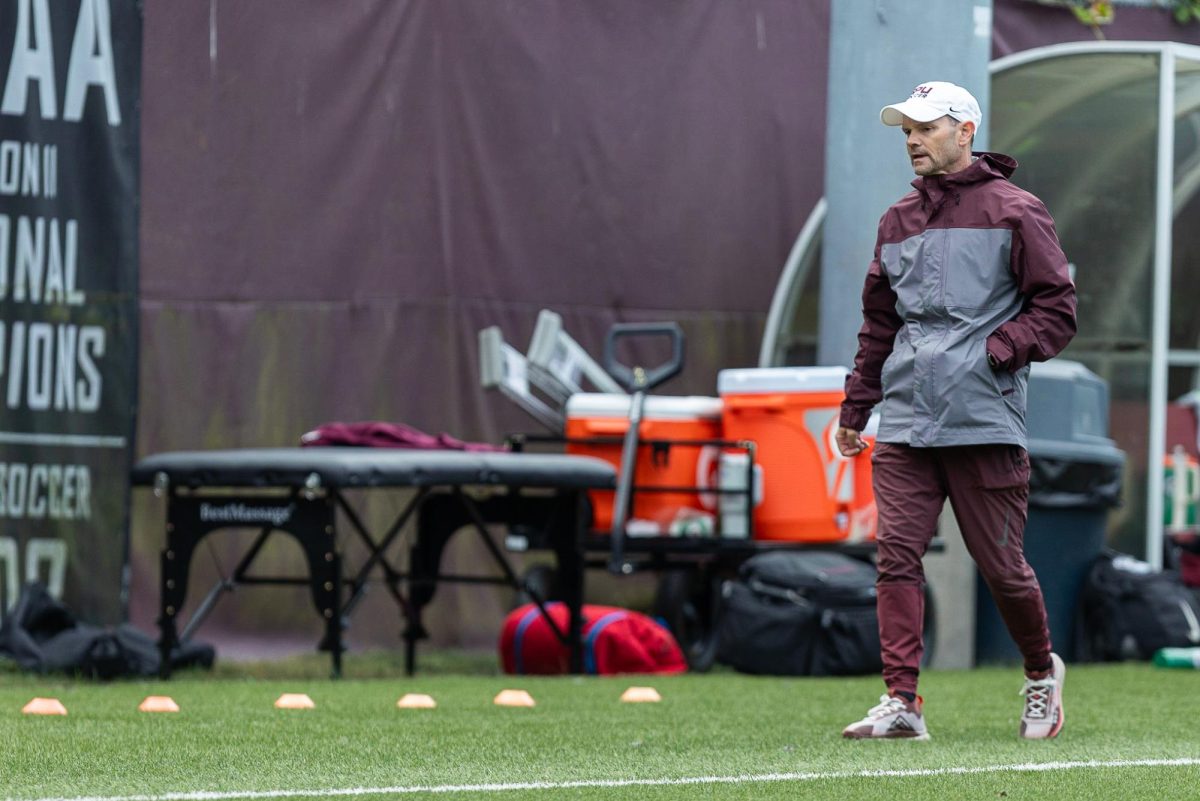


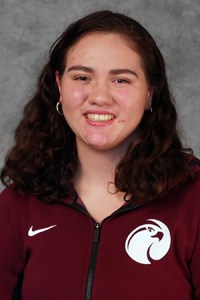





























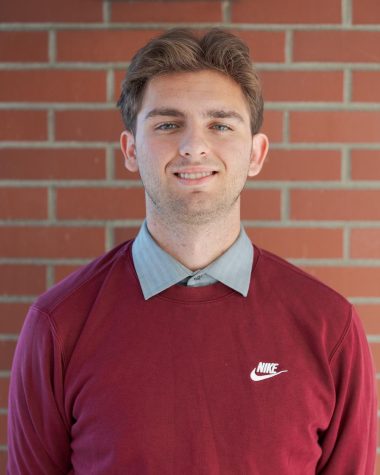
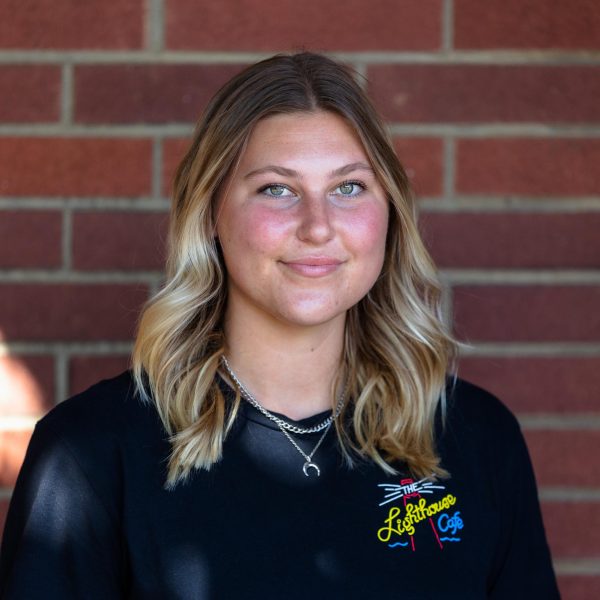

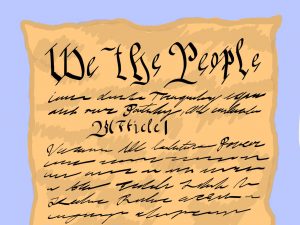


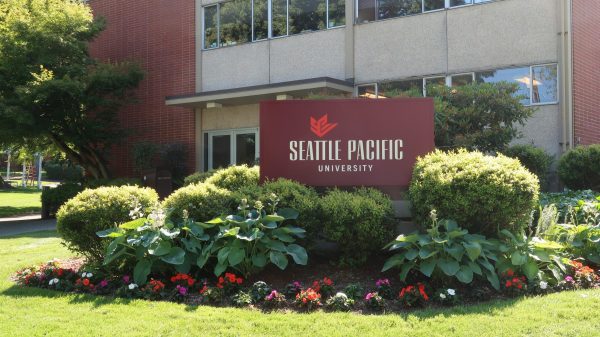
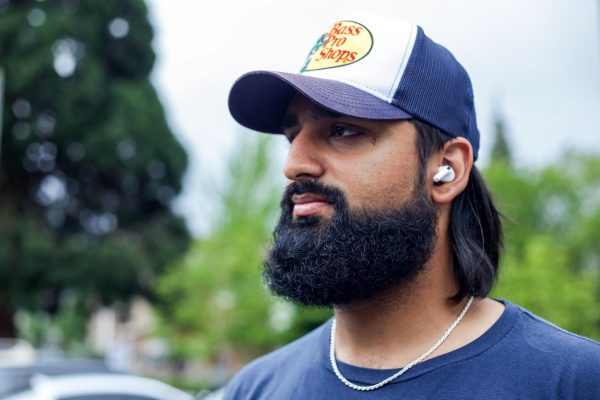


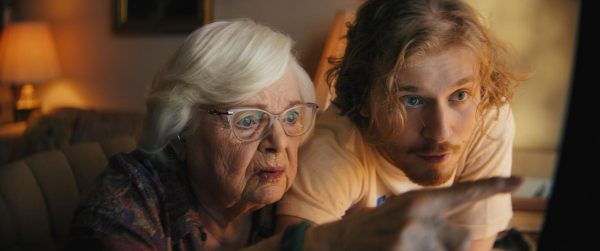
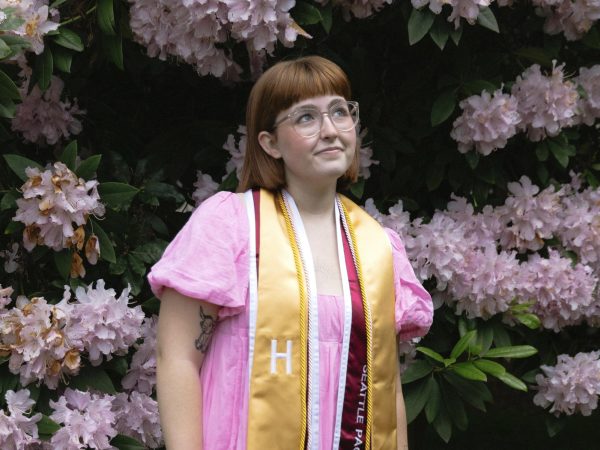
![Queer joy at SPU’s [Redacted] Fest](https://thefalcon.seapacmedia.com/wp-content/uploads/2024/05/04_14_23_9999_1-600x400.jpg)
